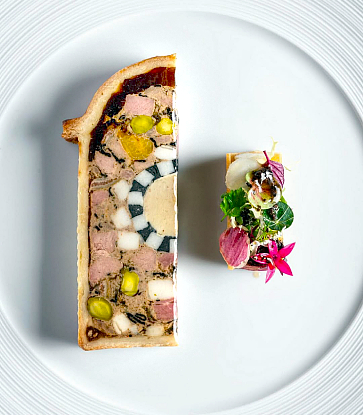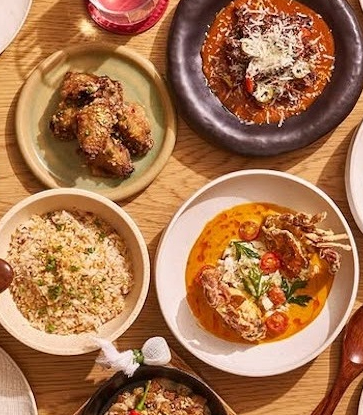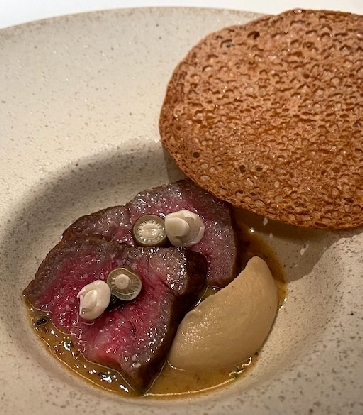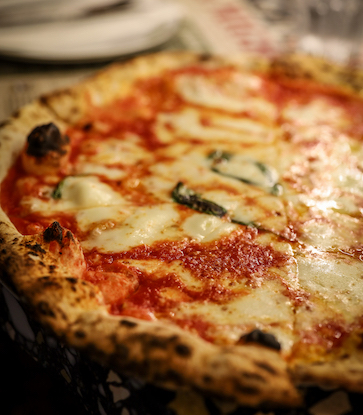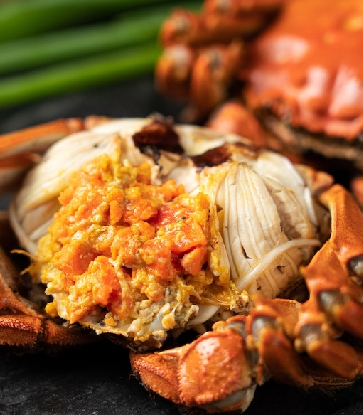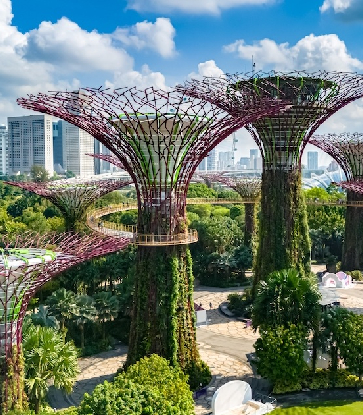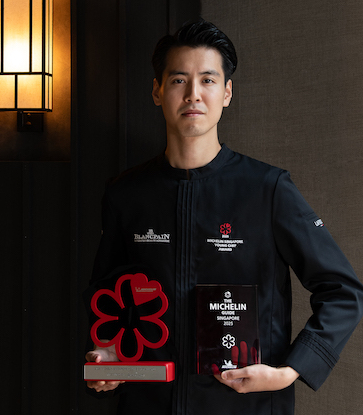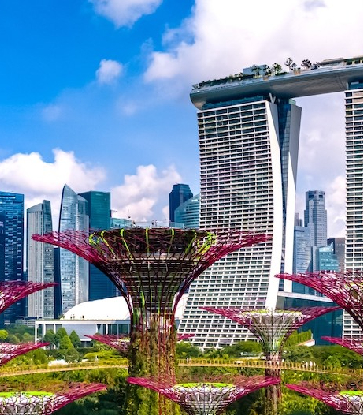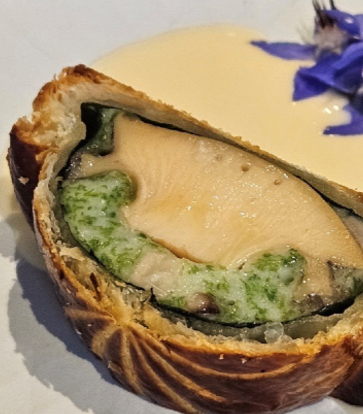When you buy a bottle of jam, do you ever think about where it comes from and who played a part in its production process?
And then there is the cost. You probably would not bat an eyelid if it is unexpectedly affordable - but and the opposite would happen if it is surprisingly expensive for what it is.
But is that really how it should be?
“When people visit our food truck, they tend to ask why our food is so expensive. I think the question shouldn’t be about why it’s expensive, but why some things are so cheap. Why is it that some places can offer hot dogs for a dollar? Well, simply because there is no real meat in it,” explains Luan Ee, founder of Kerbside Gourmet, one of Singapore’s few food trucks that also operates as a social enterprise.
That’s the thing: there is always a catch. Perhaps the food is not exactly fresh and organic, or someone along the production line is being exploited for their labour, whether you are talking about a piece of furniture or a bottle of jam, there is always more that goes into creating an item than you know.
And that’s what conscious consumption is all about – having an increased awareness of how your purchasing decisions affect the environment, the lives of others (especially those involved in the production process), and yourself, of course.
Making a Difference: Singapore’s social enterprises
Social enterprises and conscious consumption are two concepts that go hand in hand. Singapore is home to a handful of do-good organisations that do not only aim to make a profit, but also to change the way society thinks and consumes.


It’s a similar model for healthy snack subscription service BoxGreen. The social enterprise start-up was launched in May 2015, and donates a meal equivalent to Willing Hearts – a soup kitchen that feeds the underprivileged in Singapore – for every box of snacks they deliver. Aside from giving meals to those in need, BoxGreen is all about sustainable packaging and use eco-friendly craft boxes to deliver their products.
There are also organisations like Hush TeaBar, a social movement started by founder Anthea Ong that focuses on bridging the gap between the hearing-impaired and those who can hear, and E&I Food Concepts, an F&B business started by fine dining-trained chefs Enoch Teo and Immanuel Tee that provides employment and training for youths-at-risk and ex-offenders.
The former is more “business-to-business” - Hush TeaBar's trained hearing-impaired 'TeaRistas' conduct silent tea sessions for corporations and communities all over Singapore - and the latter is an F&B group that owns casual French eatery Garcons, but both share the same belief: that everyone deserves the right to work, be they those with hearing disabilities or those who have spent time behind bars.
Nothing Worth Having Comes Easy: The challenges of being a social enterprise
Every organisation has its own set of issues and challenges to overcome. While the same can be said for the four aforementioned social enterprises, they all do have one challenge in common, and that is cost.
“It’s a challenge sourcing things that are biodegradable and better for the environment. It’s also very expensive,” says Walter Oh, co-founder of BoxGreen, as he discusses his company’s green policy of only using environmentally-friendly packaging for their products.

“Companies that want a unique workplace bonding activity approach us, and so we conduct silent tea appreciation sessions for their employees. But the moment they find out the price of these sessions, they – more often than not – comment on the high costs involved and compare us to other options, like engaging a catering service to just provide them a buffet spread,” says Hush TeaBar owner Anthea Ong.
The same goes for E&I Food Concepts’ founders, Enoch Teo and Immanuel Tee, who sometimes get feedback that their dishes are too costly for a coffee shop or hawker centre setting, which most Garcons outlets are located in.
But think about it: why do social enterprises charge relatively more for their products and services? It’s because they need the financial support to continue doing what they do, and that is something that’s for the greater good, say all four operators.
BoxGreen requires that money so they can continue using sustainable packaging, Kerbside Gourmet requires that money so they can continue their 'Buy A Meal, Give A Meal' policy, and both Hush TeaBar and E&I Food Concepts require that money so they can continue paying their employees the fair and decent wage they deserve.

“It’s time to start thinking about the bigger picture. By purchasing or supporting these [four different] products and services, you are not just doing something for yourself, but you’re also doing something good for society and the world in general,” says Ms Ong.
Take Action: How you can be a conscious consumer
Ready to make a difference with your dollar? Here’s what you can do:
- Consume less. Wastage in any form is bad for the environment. Plus, you’d be surprised how little you can live on.
- Think twice about purchasing a cheap product. If it’s not you that’s paying the price, it’s most definitely someone else down along the production line. This can sometimes involve exploitation of labour.
- Recycle and reuse whenever possible. Especially shopping bags. Say no to plastic and bring your own bag out.
- Support local products and small business. This way you contribute to the local economy. Larger corporations tend to have difficulty reducing their carbon footprint; this isn’t usually the case for small businesses, especially ones that make things in small batches.
- Volunteer. Whether it’s for a non-profit organisation of your choice or a social enterprise you particularly like, volunteering is one of the best ways to give back to society and make the world a better place.



